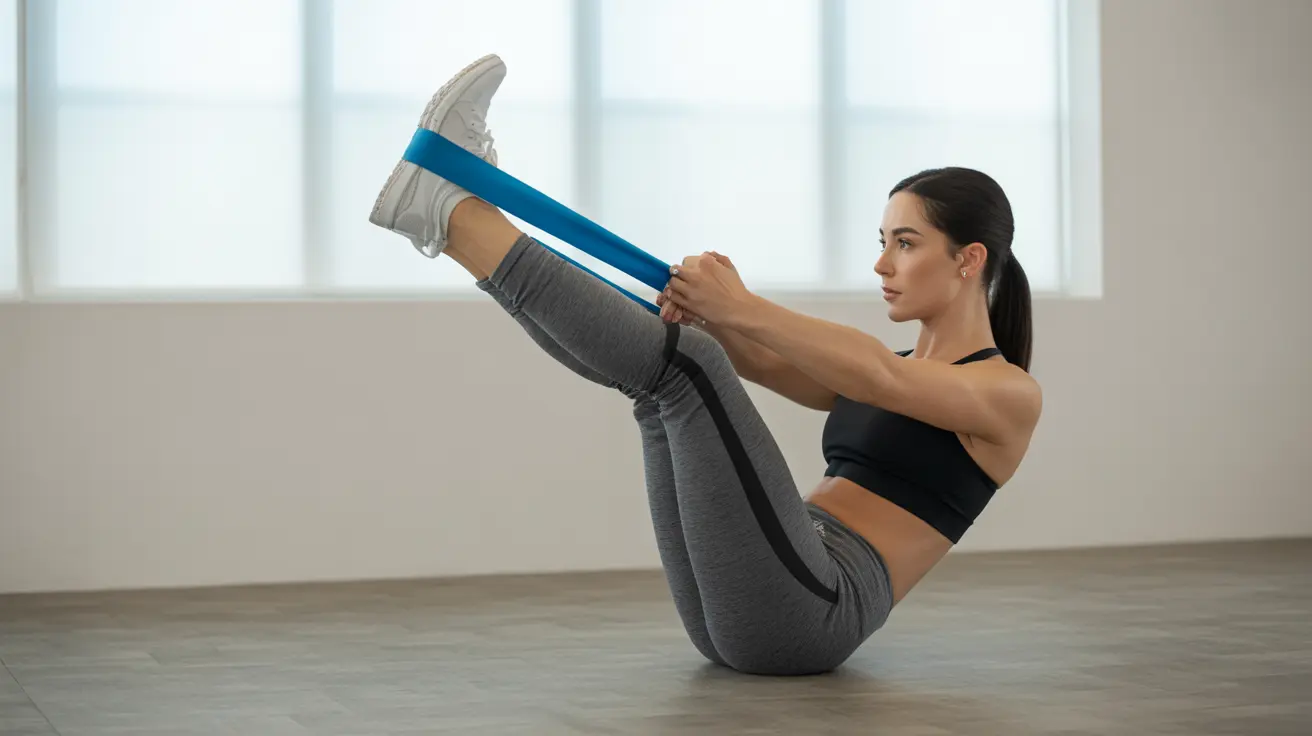Hip abductor muscles play a crucial role in maintaining proper body alignment, stability, and movement. These often-overlooked muscles on the outer hip are essential for activities like walking, running, and maintaining balance. Understanding how to strengthen and maintain healthy hip abductors can significantly impact your overall lower body function and help prevent common injuries.
Whether you're an athlete looking to enhance performance or someone dealing with hip, knee, or lower back discomfort, focusing on hip abductor health can make a meaningful difference in your daily life and physical activities.
Understanding Hip Abductor Muscles
The hip abductor muscle group consists primarily of the gluteus medius, gluteus minimus, and tensor fasciae latae (TFL). These muscles work together to move your leg away from the midline of your body and stabilize your pelvis during walking and other weight-bearing activities.
Located on the outer side of your hip, these muscles are fundamental for:
- Maintaining proper leg alignment during walking and running
- Stabilizing the pelvis when standing on one leg
- Supporting lateral movements in sports and daily activities
- Preventing excessive inward knee movement
The Impact of Strong Hip Abductors on Pain Prevention
Strong hip abductors are essential for preventing various types of pain and discomfort throughout the lower body. When these muscles are weak, it can lead to compensatory movements that stress other joints and muscles.
Proper hip abductor function helps prevent:
- Lower back strain and pain
- Knee misalignment and associated discomfort
- Hip pain during movement
- IT band syndrome
- Patellofemoral pain syndrome
Effective Hip Abductor Exercises
Standing Exercises
These exercises can be performed anywhere with minimal equipment:
- Standing side leg raises
- Standing hip abduction with resistance band
- Single-leg balance exercises
- Lateral band walks
Floor-Based Exercises
These exercises provide a stable foundation for targeting hip abductors:
- Side-lying leg raises
- Clamshell exercises
- Fire hydrants
- Side plank with leg raises
Athletic Performance and Hip Abductor Strength
Strong hip abductors are particularly important for athletes, as they contribute to:
- Better running mechanics
- Improved agility and lateral movement
- Enhanced jumping ability
- Reduced risk of sports-related injuries
- Better overall lower body stability
Frequently Asked Questions
What are the main hip abductor muscles and what role do they play in leg movement and stability?
The main hip abductor muscles are the gluteus medius, gluteus minimus, and tensor fasciae latae. These muscles move the leg away from the body's midline and provide crucial stability during walking, running, and single-leg activities. They're essential for maintaining proper pelvis position and preventing excessive hip drop during movement.
How can strengthening hip abductors help reduce knee and lower back pain?
Strong hip abductors help maintain proper leg alignment and pelvic stability, which reduces stress on the knees and lower back. When hip abductors are weak, it can cause the knees to cave inward and the pelvis to tilt abnormally, leading to increased strain on these areas. Strengthening these muscles helps maintain proper biomechanics and distribute forces more evenly.
What are effective exercises to strengthen the hip abductor muscles at home?
Effective home exercises include side-lying leg raises, clamshells with resistance bands, standing side leg raises, and lateral band walks. These exercises can be performed with minimal equipment while effectively targeting the hip abductor muscle group.
Why do weak hip abductors increase the risk of injuries like patellofemoral pain syndrome and IT band syndrome?
Weak hip abductors can lead to poor knee alignment and excessive internal rotation of the leg during movement. This misalignment increases stress on the knee joint and IT band, potentially leading to patellofemoral pain syndrome and IT band syndrome. Strong hip abductors help maintain proper leg alignment and reduce these injury risks.
How does improving hip abductor strength prevent knee valgus and improve athletic performance?
Strong hip abductors prevent knee valgus (inward knee collapse) by maintaining proper leg alignment during dynamic movements. This improved stability and control enhances athletic performance by allowing for more efficient movement patterns, better balance, and increased power generation during sports-specific activities.




